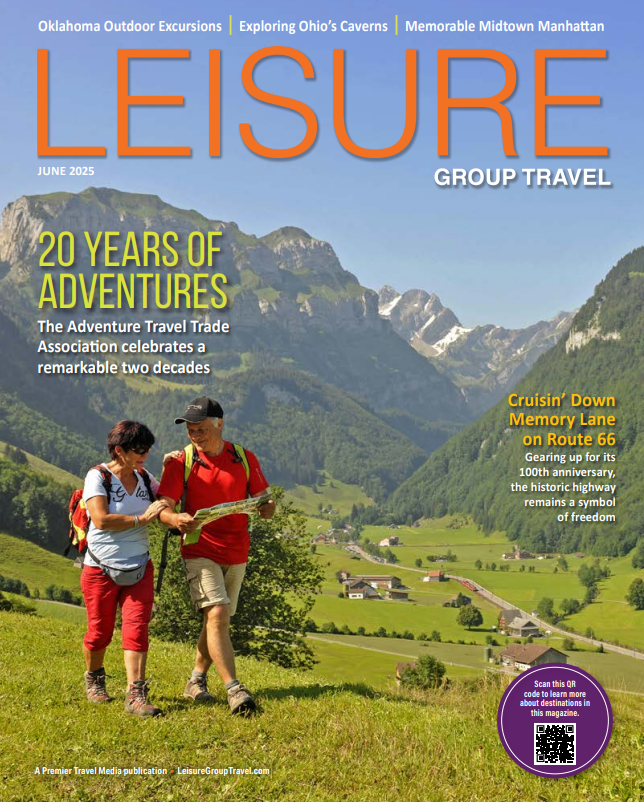Marketing online is the most effective way to develop international travel business. There are few barriers, plus there are many relatively straight-forward online marketing strategies you can put into action today to maximize your online presence, encourage international interest, and successfully find a niche market to target abroad.
One of the best things about online marketing is that it isn’t difficult to learn and get started using if you are willing to dedicate a little time and patience where needed.
To succeed, however, you must do four things:
1. Focus on a Mobile Audience
When considering advertising to an international audience, you must optimize your website for mobile device browsing. The kind of person who is likely to sign up for your service abroad is the kind of person who uses the Internet for many things.
Therefore, it is highly likely that this same person has a mobile device that has Internet access so that they can be connected to the world 24 hours a day, 7 days a week. This person is apt to do a lot of research and a fair amount of purchasing on their mobile device, and if your website is in any way difficult to navigate on a small screen, this potential customer is going to look elsewhere.
2. Destroy Language Barriers
Naturally, if you are going to start advertising to an audience whose first language is not English, you need to construct advertisements and landing pages in the native tongue. And that means doing keyword research and selecting keywords in a language that is foreign to you, too.
This is all pretty standard, and most people start out in international online marketing with all this in mind anyway. However, few people tend to take into consideration the other ways in which you might end up alienating the foreign audience you are trying to target. This is why it is important to bear the following ideas and tips in mind.
Consider investing in an IP sniffer. This tool will automatically detect the country your site visitor is searching the Internet from, and it will send them your advertisements in the appropriate language. The IP sniffer can be useful when you are advertising in more than one language and in more than one country.
It can even help you with the differences between countries that speak the same language. For instance, the Spanish spoken in Argentina is not the same as the Spanish spoken in Venezuela. Further, it is well worth the effort to organize advertisements that relate specifically to each country for the best possible advertising results overall.
You should also think about investing in a series of language buttons that appear automatically on every page of your website so that when a visitor arrives at your site outside one of the pay-per-click campaigns you are managing, they can choose to continue learning about what you offer in their native language.
In addition, your international advertisements and your international landing pages need to focus on the international audience (not the national one) and why buying from your business is something an international buyer would want to do.
3. Value the Importance of Superb Translation
You might have a great website design, landing pages that are easy to navigate, and effective keyword use. But all will be for naught if you don’t translate your campaigns correctly.
There are nuances that exist in language and that exist within the same language from country to country and region to region (as already indicated in one of the previous sections above). And a mistake in translation can ruin a pay-per-click campaign and destroy the international online reputation of a company.
Your bad translations might unwittingly offend or convey something about your services that doesn’t quite match up to what you meant to say. They might also appear “forced,” and their unnaturalness might make it hard for people to trust your site.
Consider what it is like when you read a bad English translation. Would you buy from that site? Probably not. Bad translations are unprofessional and highly damaging when using pay-per-click advertising abroad. Anything from a poor choice of tone to a series of grammatical errors will cause you problems. It is vital that you choose your translators with lots of care.
4. Use Original Images
Stock images are easy to access and don’t cost a lot. And if you haven’t been to the country you want to advertise in, it can be tempting to buy a stock load of photos and use them on a rotation basis on your website when targeting your international audience.
However, using stock images can cause buyers to be suspicious of your site and make them go elsewhere. That’s because chances are other people have also purchased the rights to those images and posted them on their websites. If your site doesn’t look unique and genuine, your level of trust drops.
For that reason, original images and photographs are always much more valuable and a better choice for anyone who is serious about building international business relationships online.
There’s no need to go overboard with images, but it is important to care about them and the impression that they make in the same way you care about your written content material.
If you can put all of the above ideas into action, the development of an effective international online marketing campaign will definitely be within your reach.






